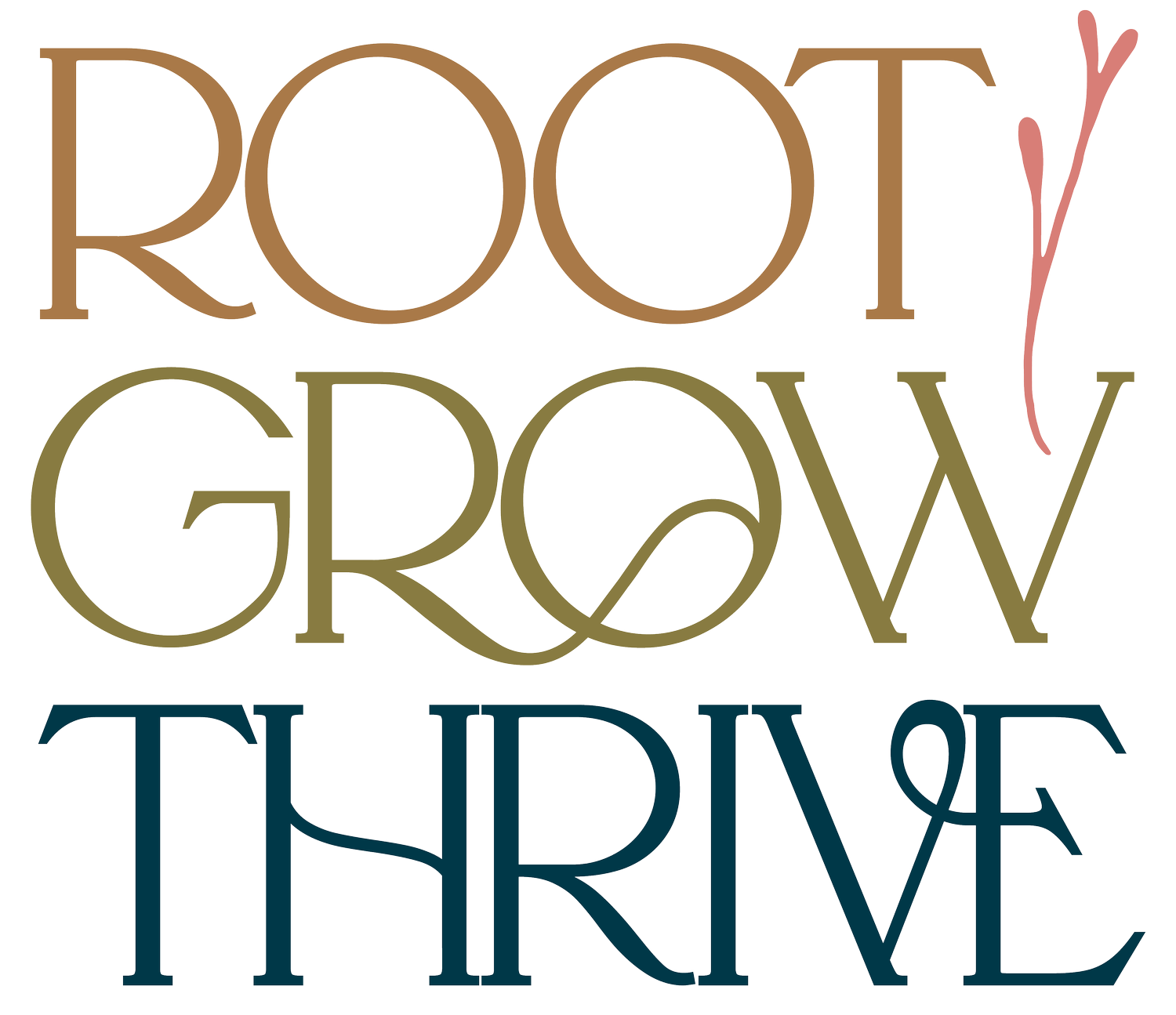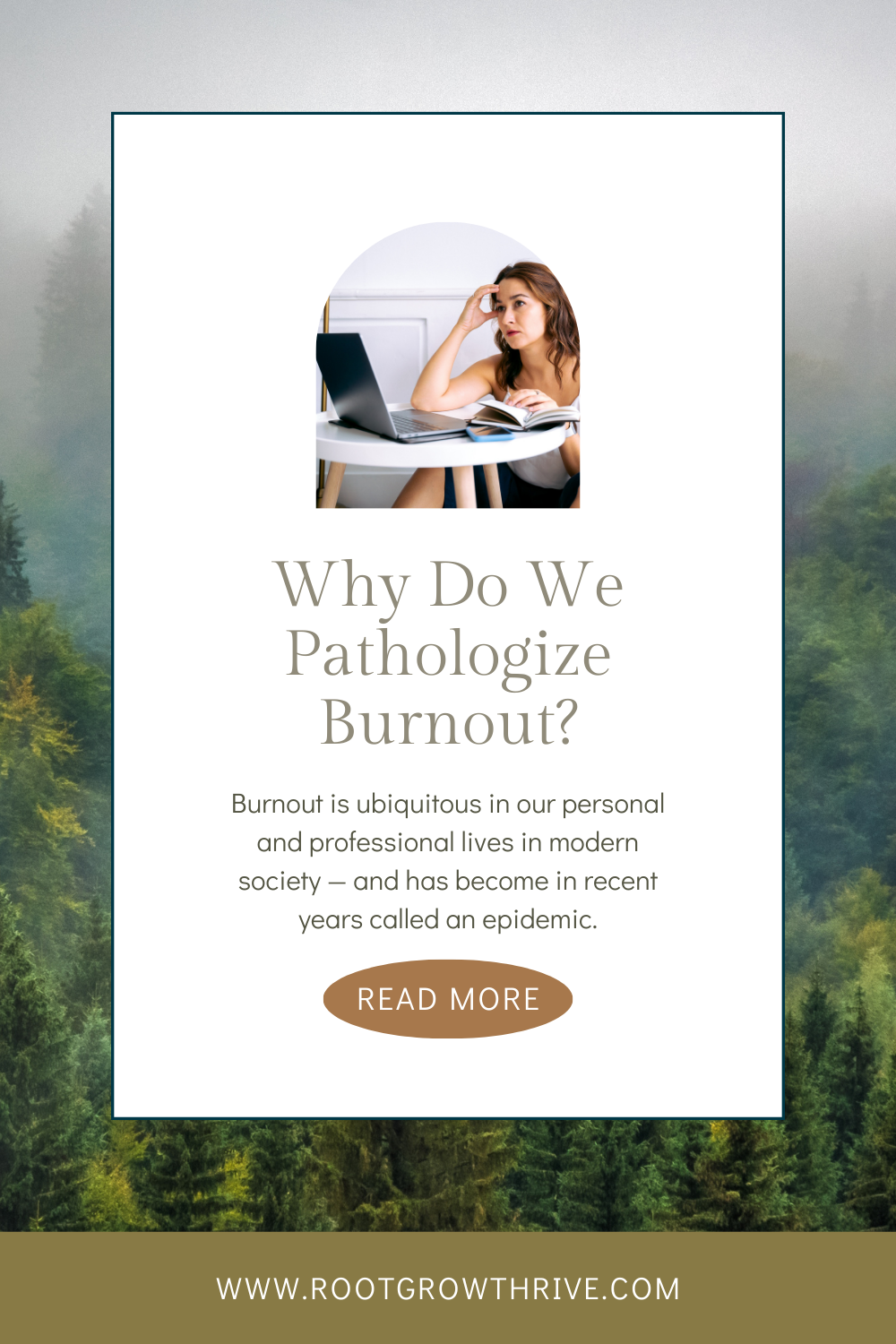Why Do We Pathologize Burnout?
Exhaustion. Emotional fatigue. Difficulty connecting to work.
Burnout is ubiquitous in our personal and professional lives in modern society — and has become in recent years called an epidemic. In 2019, the ICD-11 — the bible of medical diagnoses — added to its collection of all medical diagnoses the condition of burnout. It was official: burnout was a diagnosis.
As a clinical psychotherapist, to me this should be good news. I’m trained to consider diagnosis as the first step to our call to treatment — yet this is far from the truth.
Burnout is not an individual problem.
The Center for Disease Control agrees: this spring they rolled out a nationwide burnout prevention initiative for healthcare systems called the Impact Wellbeing Initiative. This is the first of its kind– an acknowledgement that burnout is indeed a national crisis while offering clear steps for its mitigation within healthcare organizations.
What they get right is that they identify burnout not as an individual problem, but a multi-factorial, systemically-based issue. While many of their their remediation suggestions are good — including pressuring leadership to prioritize health and wellness of their workers above productivity goals — the healing of burnout continues to elude most attempts at correcting the course of the epidemic.
I see this every day on the ground. Folks come to me for burnout recovery, exasperated that the system in which they work and live is set up in a way that minimizes the humanity of the jobs they do. Teachers, therapists, physicians, nurses, parents: they have a call, and their ability to make a purposeful and meaningful impact is choked by pressures of financial gain or productivity statistics over what actually is lifegiving — the human connection.
Burnout is a natural response to a systemic toxicity to our humanness in our systems. Health and wellness mean nothing when we don’t have the money, financial freedom, support, and ability to access them. We know what is good for us, yet we can’t do it because we aren’t supported in doing so. When we as a collective elevate chronic stress over rest and renewal, when we don’t address collective and generational traumas, when we continue to prioritize productivity over connection, when we prioritize few over the many, when we ignore abuses and oppressive practices and harassment in order to move needle further, we’re left with few options. Burnout culture becomes contagious and chronic.
Pathologizing burnout is not doing us any good. It is like looking despairingly at the result of increased incidences of forest fires without acknowledging all the precursors for their creation based in climate change.
Burnout culture is like the climate change of our collective soul.
We can ignore all we want, and wring our hands at the upsetting results, and try to pull ourselves up by the bootstraps by self care or taking time off. But unless we acknoweldge the undergirding toxic cultural systems that undergird burnout culture in our society, we’ll be like those polar bears — swimming in circles with no place to rest.

